Funding Toolkit » Formula Grants » Emergency Rental Assistance Program (ERAP)
Overview
The Coronavirus Response and Relief Supplemental Appropriations Act (CRRSA Act), signed December 27, 2020, created the ERAP with $25 B (now referred to as ERA1). The American Rescue Plan Act built upon this critical relief to reduce evictions by providing an additional $21.6 B in emergency rental assistance for low-income renters who have lost income or are experiencing other hardship and risk losing their housing (now referred to as ERA2). According to the Congressional Research Service, funding is available until September 30, 2025.
Match Requirements
None.
Potential Uses
Treasury has provided helpful language to understand allowable use of funds that support “housing stability services”, and included at the bottom of the page multiple examples that include court partners, such as Jefferson County, Alabama district courts; Northhampton County, Pennsylvania courts; City of Columbus & Franklin County, Ohio courts; and Maricopa County, Arizona courts.
More specifically, Treasury guidance language relevant to the courts is in FAQs 23 and 36:
FAQ 23 expressly allows legal services (emphasis added):
“23. ERA1 and ERA2 both allow for up to 10 percent of the funds received by a grantee to be used for certain housing stability services. What are some examples of these services?
ERA1 and ERA2 have different requirements for housing stability services.
- Under ERA1, these funds may be used to provide eligible households with case management and other services related to the COVID-19 outbreak, as defined by the Secretary, intended to help keep households stably housed.
- Under ERA2, these services do not have to be related to the COVID-19 outbreak.
For purposes of ERA1 and ERA2, housing stability services include those that enable eligible households to maintain or obtain housing. Such services may include, among other things, eviction prevention and eviction diversion programs; mediation between landlords and tenants; housing counseling; fair housing counseling; housing navigators or promotoras that help households access ERA programs or find housing; case management related to housing stability; housing-related services for survivors of domestic abuse or human trafficking; legal services or attorney’s fees related to eviction proceedings and maintaining housing stability; and specialized services for individuals with disabilities or seniors that support their ability to access or maintain housing. Grantees using ERA funds for housing stability services must maintain records regarding such services and the amount of funds provided to them.”
FAQ 36 speaks directly to courts (emphasis added):
“36. What steps can ERA grantees take to prevent evictions for nonpayment of rent?
Treasury strongly encourages grantees to develop partnerships with courts in their jurisdiction that adjudicate evictions for nonpayment of rent to help prevent evictions and develop eviction diversion programs. For example, grantees should consider: (1) providing information to judges, magistrates, court clerks, and other relevant court officials about the availability of assistance under ERA programs and housing stability services; (2) working with eviction courts to provide information about assistance under ERA programs to tenants and landlords as early in the adjudication process as possible; and (3) engaging providers of legal services and other housing stability services to assist households against which an eviction action for nonpayment of rent has been filed.”
More Information
To find examples of courts and/or their justice partners receiving these funds, click on the PDF.
Formula Grants
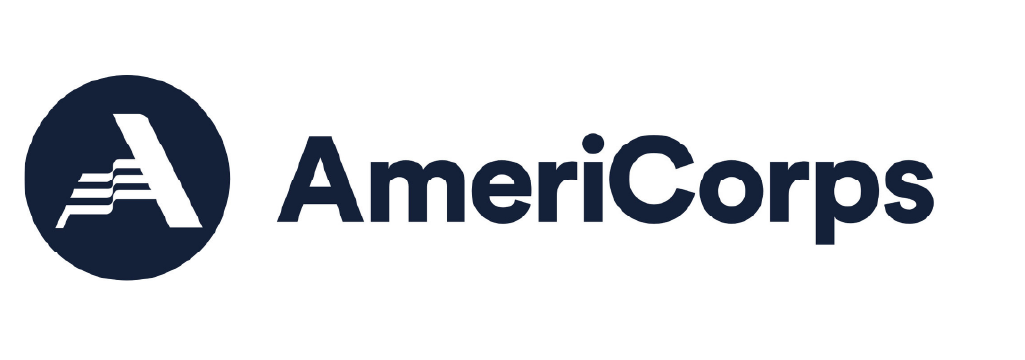
AmeriCorps State and National Grants
AmeriCorps provides grants to a broad range of local and national organizations and agencies committed to using service to address compelling community issues.

AmeriCorps VISTA
AmeriCorps VISTA program is guided by four core principles: anti-poverty, community engagement, capacity building, and sustainable solutions.
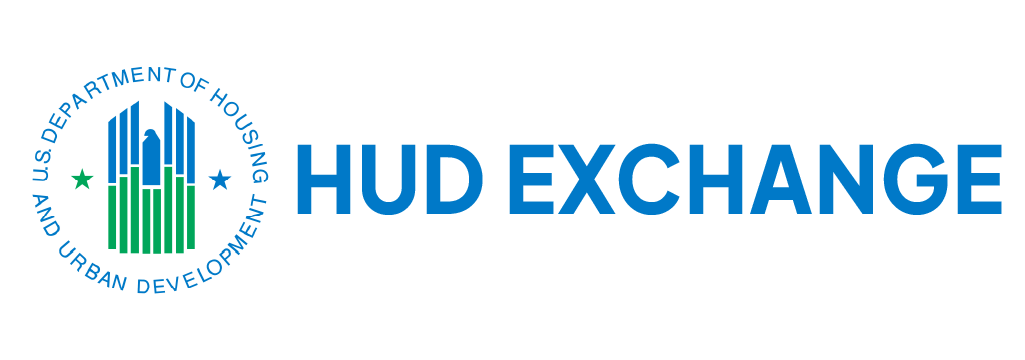
Community Development Block Grant (CDBG)
The CDBG program works to ensure decent affordable housing, to provide services to the most vulnerable in our communities, and to create jobs through the expansion and retention of businesses.

Edward Byrne Memorial Justice Assistance Grant (JAG)
JAG funds awarded to a state or local may be used to support a range of program areas, including law enforcement, prosecution, indigent defense, courts, crime prevention and education…
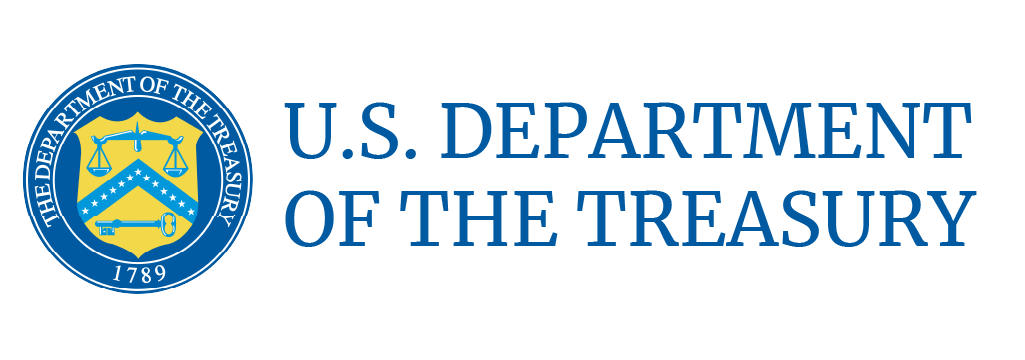
Emergency Rental Assistance Program (ERAP)
The American Rescue Plan Act built upon the ERAP, is set to reduce evictions by providing an additional $21.6 B in emergency rental assistance for low-income renters who have lost income…

Emergency Solutions Grants (ESG) Program
The Emergency Solutions Grants Program focuses on assisting people to quickly regain stability in permanent housing after experiencing a housing crisis and/or homelessness.
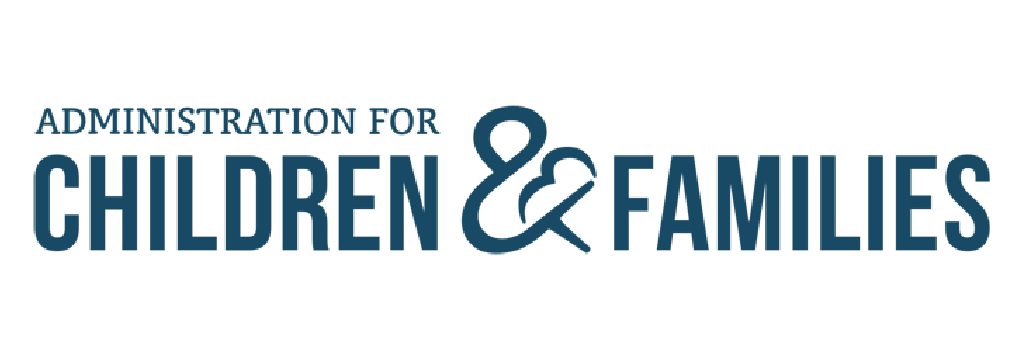
Family Violence Prevention and Services Formula Grants (FVPSA)
The Family Violence Prevention and Services formula grants to states and territories fund more than 1,600 local public, private, nonprofit and faith-based organizations and programs demonstrating…

Homeowner Assistance Fund (HAF)
The HAF is for the purpose of preventing homeowner mortgage delinquencies, defaults, foreclosures, loss of utilities or home energy services, and displacements of homeowners experiencing financing hardship due to…

State and Local Fiscal Recovery Funds (FRF)
FRF is the largest and most flexible source of American Rescue Plan Act funds to help states, counties, cities and Tribal governments cover increased expenditures, replenish lost revenue…
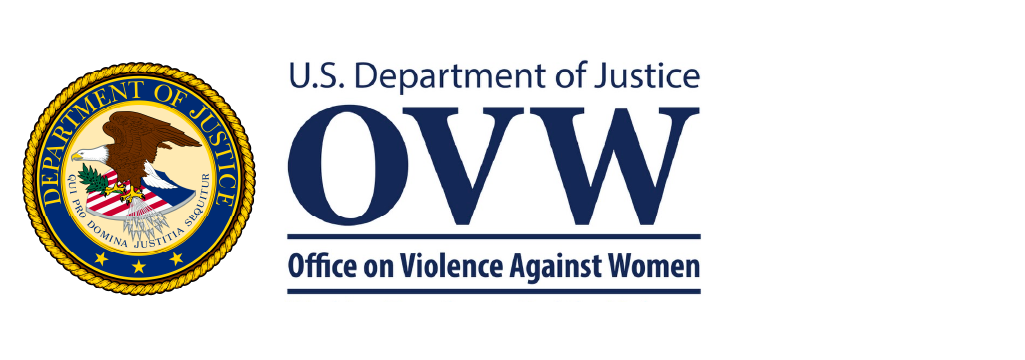
STOP (Services, Training, Officers, and Prosecutors) Violence Against Women Formula Grant
STOP (Services, Training, Officers, and Prosecutors) Violence Against Women Formula Grants are awarded to states to develop and strengthen the criminal justice system’s response…

Title IV-B – State Court Improvement Program (CIP)
The State Court Improvement Program is for children and families who need assistance in order to keep their families together.

Title IV-D – Child Support and Establishment of Paternity
The child support program serves over 17 million children, and provides information to pro se parents helping ensure that parents understand the child support process, know what to expect…

Title IV-E – Federal Payments for Foster Care and Adoption Assistance
The Federal Foster Care Program helps to provide safe and stable out-of-home care for children until the children are safely returned home, placed permanently with adoptive families…

Victims of Crime Act (VOCA) Victim Assistance Formula Grants
VOCA provides funding to groups and direct services for victims, such as domestic violence shelters, legal support, faith-based organizations, and child abuse organizations.

